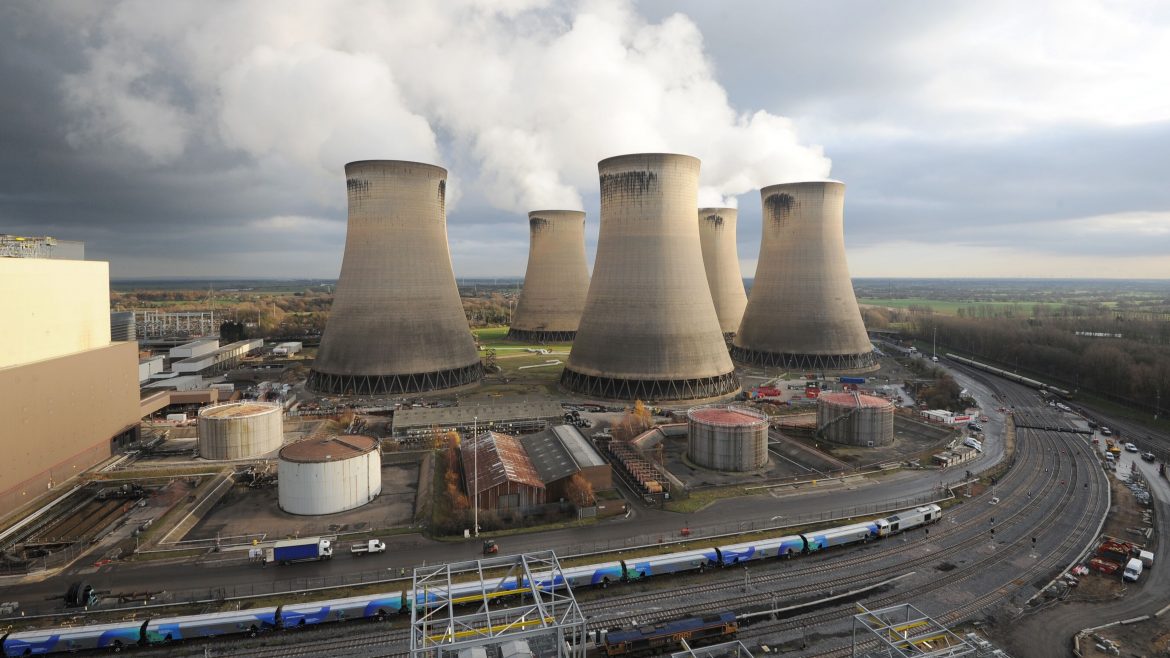A new report has shown that the Drax power station was responsible for at least four times more carbon emissions than the UK’s last remaining coal-fired plant last year, despite taking more than £0.5bn in clean-energy subsidies in 2023.
The report, released by the climate thinktank Ember showed that the North Yorkshire power plant, which burns wood pellets imported from North America to generate electricity, was revealed as Britain’s single largest carbon emitter in 2023.
The figures show that Drax, which has received billions in subsidies since it began switching from coal to biomass in 2012, was responsible for 11.5m tonnes of CO2 last year, or nearly 3% of the UK’s total carbon emissions.
Drax produced four times more carbon dioxide than the UK’s last remaining coal-fired power station at Ratcliffe-on-Soar in Nottinghamshire, which is due to close in September. Drax also produced more emissions last year than the next four most polluting power plants in the UK combined, according to the report.
Frankie Mayo, an analyst at Ember, said: “Burning wood pellets can be as bad for the environment as coal; supporting biomass with subsidies is a costly mistake.”
Read also: Expert warns UK failing to monitor apparently falling wasp populations
The company has claimed almost £7bn from British energy bills to support its biomass generation since 2012, even though burning wood pellets for power generation releases more emissions for each unit of electricity generated than burning gas or coal, according to Ember and many scientists. In 2023, the period covered by the Ember report, it received £539m.
Currently, the government is said to be considering the company’s request for billpayers to foot the cost of supporting its power plant beyond the subsidy scheme’s deadline in 2027 so it can keep burning wood for power until the end of the decade.
Drax has won the support of the government thanks to claims that its generation is “carbon neutral” because the trees that are felled to produce its wood pellets absorb as much carbon dioxide while they grow as they emit when they are burned in its power plant.
The company plans to fit carbon-capture technology at Drax using more subsidies, to create a “bioenergy with carbon capture and storage” (BECCS) project and become the first “carbon-negative” power plant in the world by the end of the decade.
A spokesperson for the company dismissed the thinktank’s findings as “flawed” and accused its authors of ignoring its “widely accepted and internationally recognised approach to carbon accounting”.
“The technology that underpins BECCS is proven, and it is the only credible large-scale way of generating secure renewable power and delivering carbon removals,” the spokesperson added.
A government spokesperson said the report “fundamentally misrepresents” how biomass emissions are measured.
Story was adapted from the Guardian.
